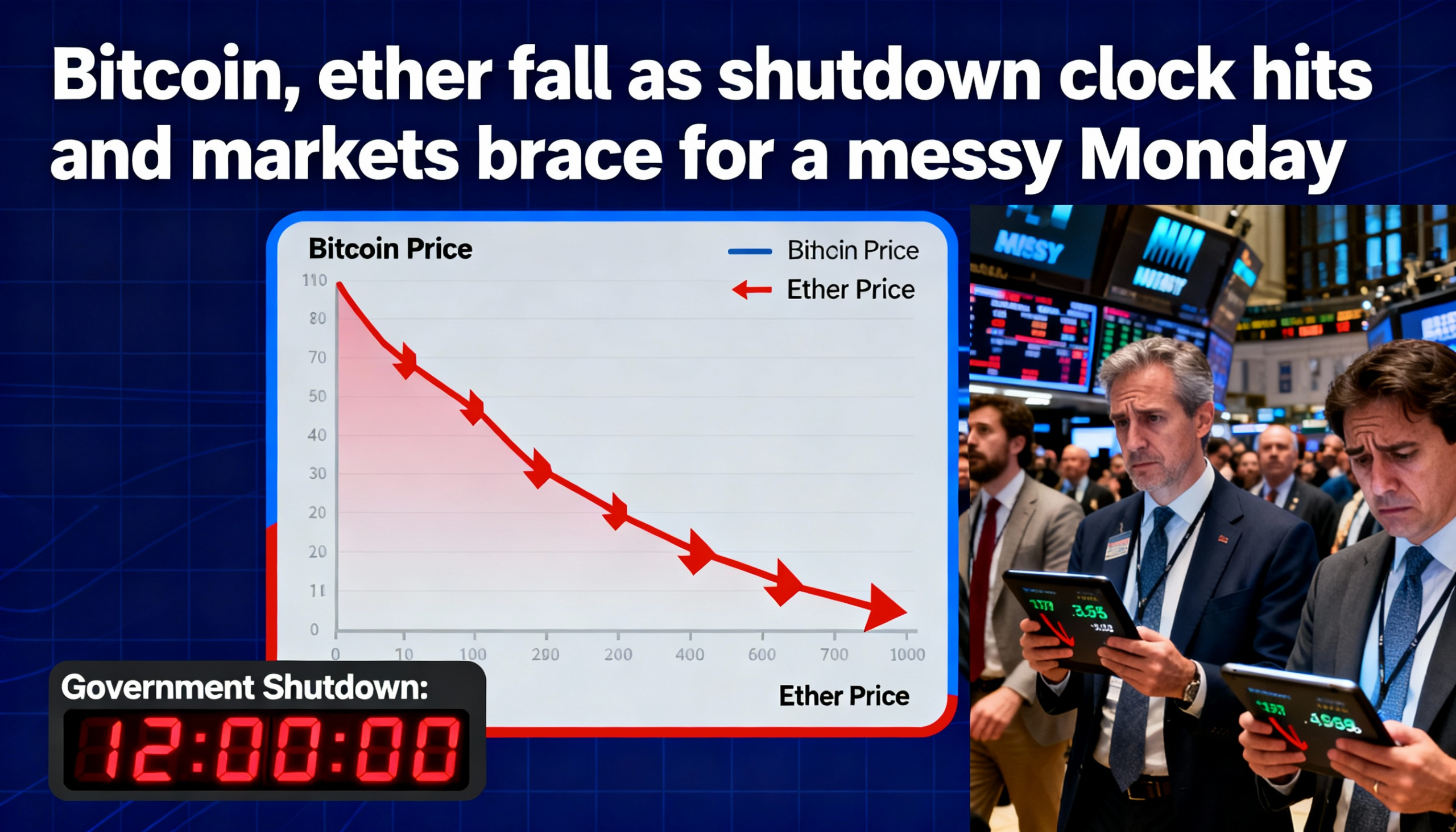Canary Capital’s Crypto ETF Ambitions Fueled by Political Shifts
Founded just last October, Canary Capital, led by Steven McClurg, a former co-founder and CEO of Valkyrie Investments, has rapidly carved out a niche in the cryptocurrency exchange-traded fund (ETF) space. Despite being a newcomer, the firm has already filed applications for ETFs focused on Solana (SOL), XRP (XRP), Litecoin (LTC), and Hedera (HBAR). Notably, their Litecoin and Hedera filings represent the first ETFs of their kind, giving Canary a distinct presence in the market.
However, McClurg revealed that Canary’s quick rise in the crypto ETF space wasn’t entirely expected.
“We didn’t anticipate getting back into the ETF game,” McClurg admitted.
Before starting Canary Capital, McClurg helped co-found Valkyrie Investments, where he served as CIO until the firm was acquired by CoinShares in March 2024. After spending a few months at CoinShares, McClurg decided to launch Canary Capital as a hedge fund, an idea he’d been toying with during his tenure at Valkyrie.
The shift toward crypto ETFs came about due to a surprising turn of events. McClurg explained: “When there was an assassination attempt on Trump, the markets rallied. We thought—maybe he could win. If that happens, we could see changes in regulatory agencies, which might lead to more crypto ETFs getting approved. So, we decided to file some ETF applications and see what the response would be.”
Rather than pursuing the popular Bitcoin and Ethereum ETFs that were already on the market, Canary set its sights on lesser-known tokens in the top 20 by market cap. They focused on assets they believed were unlikely to be considered securities, specifically Litecoin, XRP, and Hedera. Their decision to file for an XRP ETF was also based on the expectation that the cryptocurrency would eventually be classified as a non-security, which was later confirmed in court.
Despite the strategic filings, none of Canary Capital’s ETF applications have been approved by the U.S. Securities and Exchange Commission (SEC) yet. Several Solana ETF applications had been denied or left unanswered in 2024, but with the change in political leadership, Cboe BZX Exchange refiled for Solana ETFs, hoping for approval under the new administration. The SEC is required to respond within 45 days or, in the case of delays, up to 240 days.
Canary has also submitted a 19b-4 filing for its Litecoin ETF, which the SEC is expected to address by February 29. However, the firm has yet to file 19b-4s for its XRP and Hedera ETFs, which would allow for the final stage of the approval process.
McClurg reflected on the firm’s approach by saying, “Oddly enough, it worked. We treated it like a call option on Trump winning the presidency.”
Looking to the future, McClurg emphasized that while Canary Capital doesn’t have plans to submit additional ETF filings at this time, the firm remains open to future opportunities if they identify viable candidates in the evolving crypto market.





